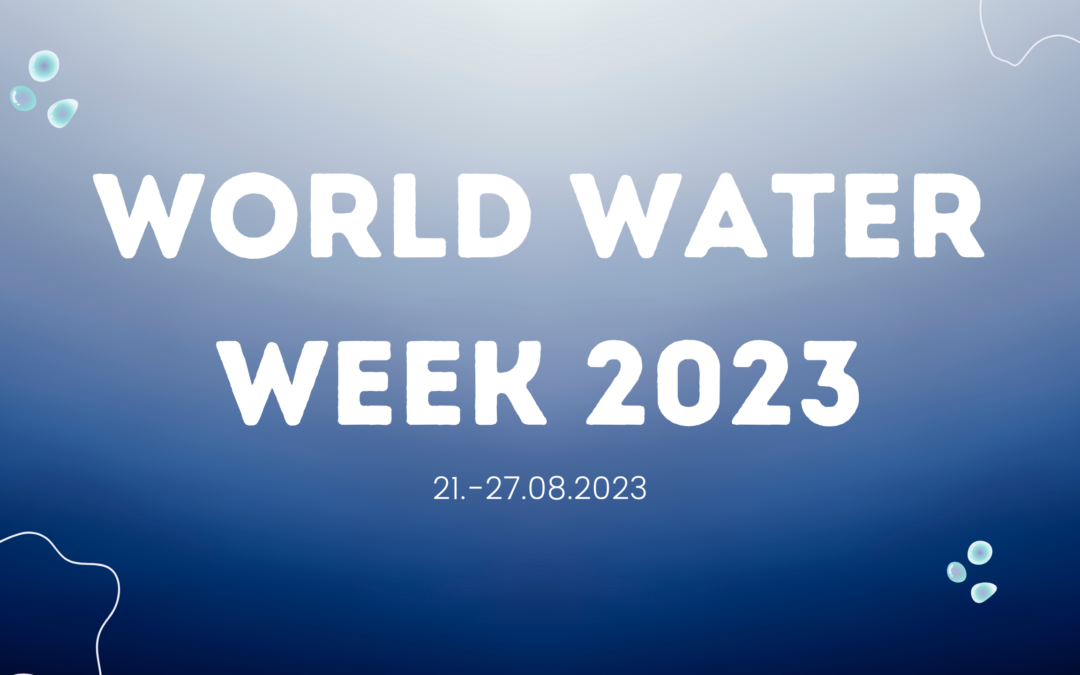Special days
Welcome to world water week 2023

Archaeology and Creativity Copyright by Council for British Archaeology
Follow wetlands.org on socials
Resources & Events
Day 1: A brief introduction video
What is world water week & why it is important
This is a brief informational video on what World Water Week stands for. Look out for more videos and photos on this page throughout this week.
Day 2: Wetlands and Methane
For Day 2 we decided to discuss the important topic of wetlands and methane
“To reduce global greenhouse gas emissions, conservation and restoration of wetlands play a key role. This report outlines the contribution of wetlands to global methane output; differences between natural versus anthropogenic methane emissions; wetlands management and restoration in the context of the ecosystem services they provide for the benefit of nature, climate, and people.”
– Wetlands International
Day 3: Wetlands and migratory birds
Where water meets land, life takes flight: Celebrating the beauty of wetlands and migratory birds
“Migratory birds, wetlands, and human beings are all part of a delicate and interconnected ecosystem. While wetland ecosystems provide crucial habitats, the biodiversity they support shapes the natural system and plays a vital role in maintaining the health of our planet’s ecosystems.”
Read the blog post by Wetlands International on this interconnectedness, why wetlands are important for migratory birds and what we can do to preserve them.
Day 4: Why wetlands are so important for both nature and climate
“From the boggy peatlands of the Scottish fens and the mangroves of Indonesia to the marshes of the Pantanal and the flooded grasslands of The Sudd in South Sudan“
“At December’s COP15 UN nature talks in Montreal, we saw a leap towards the effective conservation and restoration of wetlands everywhere. “Inland water” and coastal ecosystems were included into the text of the Global Biodiversity Framework (GBF) agreed by about 195 countries to halt and reverse biodiversity loss by 2030.
One of its key targets is to achieve the restoration of 30% of degraded ecosystems by 2030. For inland water ecosystems, Wetlands International and our partners have calculated that this involves restoring a minimum of 350 million hectares of inland water and coastal wetlands, and 300,000 kilometres of rivers globally.
Wetlands are crucial globally: not only to natural ecosystems, but also to tackle the global climate crisis. That is why World Wetlands Day was created more than 50 years ago: to raise awareness of their vastly undervalued role.” – Wetlands International
Learn more about Scottish Fen and peatland on South East Scotland’s Environmental Centre website.
Day 5: Peatlands as part of the bigger climate picture
Peatlands may a solution to climate change
“It is 2020, and the world is most definitely spinning. In the past few years, the awareness of our planet’s climate crisis has seemed to exponentially increase. We have seen tens of thousands of children walk out of school asking for a better and safer future, there is now a global climate agreement signed by 197 countries and increase the voices of indigenous peoples are coming to the fore. However, the danger is that climate, ecological and social issues are often seen as separate, and regularly not enough attention is given to the role of healthy ecosystems for all three of these areas – which brings me to peatlands.” – Wetlands International
Follow wetlands.org on socials


Recent Comments